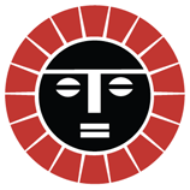Project Name:
MaBwana
Funding Dates:
Status:
Completed
Principal Investigators:
Winston Husbands , Lydia Makoroka, Clemon George, Barry Adam, Robert Remis,, Sean Rourke, Joseph Beyene
Description:
MaBwana is the first study to examine vulnerability to HIV/AIDS among African, Caribbean and Black gay men in Toronto
Purpose and Objectives:
Objectives of the study were to: profile the sociodemographic characteristics of African, Caribbean and Black gay and bisexual men; understand their sexual relationships and behaviours; examine the experiences, influences and decision-making that may be associated with HIV risk; and understand how Black men assess current HIV prevention campaigns.
Method:
Survey questionnaires, interviews with key informants, the MaBwana survey, and in-depth interviews with Black gay and bisexual men.
Population:
African, Caribbean and Black gay and bisexual men and other Black men who have sex with men (MSM)
Region:
Toronto, ON
Start and End Date:
2006 - 2008
Results:
Three key themes emerge from the MaBwana data. First, MaBwana participants are profoundly affected by experiences of social oppression (i.e., homophobia, heterosexism and racism), but do not appear to be burdened by those experiences. Second, MaBwana participants care about their health, and the health and wellbeing of other Black gay men and their ethnoracial communities. Third, some participants struggle with specific issues that challenge their ability to maintain safer sex practices. The key informants shared their perspectives about the lives and wellbeing of Black gay and bisexual men that were germane to the study. First, they noted the provisional and ad hoc support for LGBT people in Black communities and organizations. Second, they drew attention to the sense of marginalization that Black people experience in mainstream LGBT communities. Still, they noted that Black LGBT people have constituted their own networks of support, solidarity and empowerment. Finally, they recommended specific issues to guide the content and implementation of MaBwana: understanding how Black men make sense of their sexual orientation and sexual behaviours; issues of community affiliation and involvement; and the importance of discretion and community networks for promoting the study to ensure that Black gay and bisexual men felt comfortable identifying with the study and participating.- MaBwana participants described their ethnoracial and sexual identities in complex ways, which reflects the complexity of identity and their own experiences of marginalization within their national or ethnoracial communities and mainstream white communities. They all affirmed to varying degrees their orientation and identity as gay, bisexual, queer or trans while acknowledging discrimination and social exclusion. They articulated a need to engage other Black gay men about issues of health and wellbeing, and demonstrated an ongoing interest in HIV as an issue for themselves and their communities. On the whole, Black gay and bisexual men care about their health and are invested in their communities. This is demonstrated through their commitment to HIV testing and safer sex, their familiarity with HIV campaigns, their interest in HIV prevention efforts, and their involvement in or recognition of the necessity of organized responses to HIV. Across various types of sexual partners, between half and two-thirds of sexually active MaBwana participants always use condoms for anal sex. This suggests that sexual behaviour is not always consistent with their understandings of safer sex and HIV. Participants explained their episodes of unprotected sex with reference to circumstances that challenge their commitment (e.g., intoxication, heat-of-the-moment encounters), or the impulse, desire or need to trust their sexual partners.
Project Indicators and Outcomes:
Funding Sources:
The research was funded by a grant from the Canadian Institutes of Health Research (CIHR), CBR Program (grant number CBR 80004). The AIDS Bureau of the Ontario Ministry of Health and Long-term Care provided initial start-up funding.

